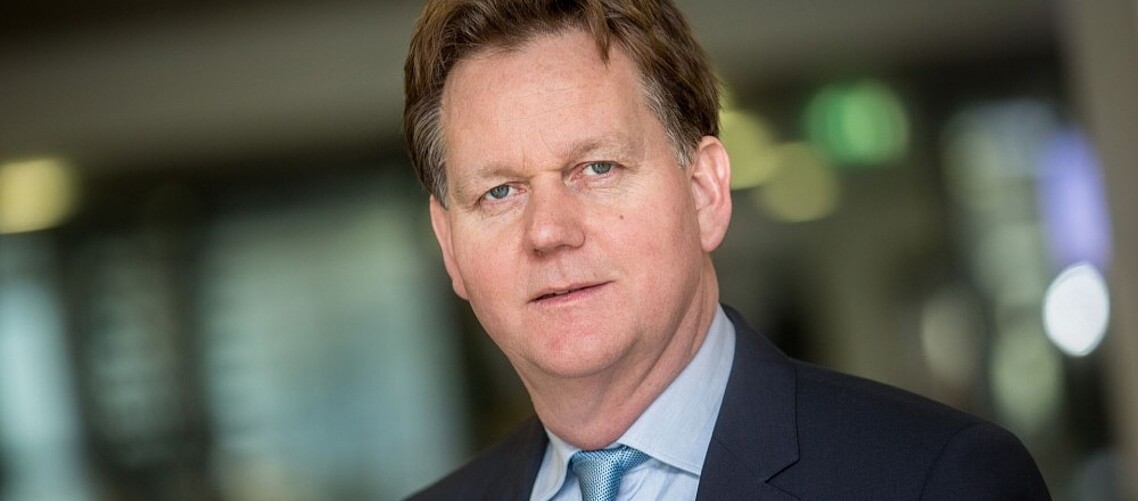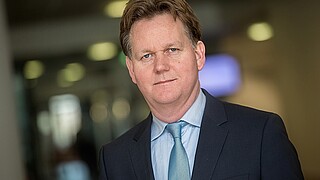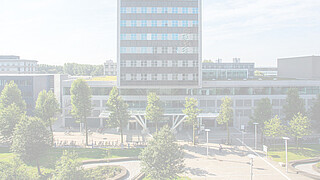The Global Gender Gap Index provides an insight into the rate of inequality between males and females living in 144 countries. It assesses women on their rates of economic participation, access to education, political influence and access to health care/life expectancy. This eleventh edition of the report shows that the Netherlands has not made any progress in terms of workforce participation and income equality. The rest of the world has not made significant progress, either. If the current developments are anything to go by, it may be another 170 years before economic equality for both genders is a fact. Erasmus University Rotterdam’s INSCOPE Research for Innovation research institute, led by Prof. Henk W. Volberda, collected the data for the Netherlands in its capacity as a partner institute of the World Economic Forum. Please click here for the full report (in Dutch).
Main findings with regard to the Netherlands:
The Netherlands has dropped three places and is now ranked 16th. Only once before (in 2010) did the Netherlands drop out of the top-15 (17th). Dutch men and women have only closed the inequality gap between the genders by 76%.
- Dutch women’s rate of economic participation is lower than Dutch men’s (74% of women versus 85% of men). In addition, most women have part-time jobs (64% of women versus 30% of men), they earn considerably less than men (-52%), even in positions of equal rank, and they are severely underrepresented in senior executive positions (26% women versus 74% men).
- When it comes to educational participation, Dutch women are doing better than their male counterparts (+ 7% for higher education), but they are underrepresented in technology-driven STEM positions (6% of women versus 26% of men). According to Henk Volberda, the rate at which women are overrepresented in office and administrative jobs may “constitute a harbinger of a new swamp on the work floor”. Disruptive technologies which are part of the fourth industrial revolution (Internet of Things, robotisation, digitisation, 3D printing, Big Data) will have a disproportionately negative impact on women’s economic prospects, compared to men’s economic prospects.
- Dutch women’s rate of political influence has remained the same: 37% of MPs and 47% of ministers are female.
- There is no inequality in terms of access to health care and life expectancy. Dutch women’s life expectancy is 72 years, whereas men’s is 70 years.
The Top-20 of the Global Gap Index 2016
Like last year, Iceland leads the pack, followed by Finland, Norway, Sweden and Rwanda. Finland and Norway swapped places, as did Ireland (now ranked 6th) and Rwanda. The top-10 consists of the same countries that made up the top-10 last year, except for Switzerland, which, like the Netherlands, has dropped three places in the rankings. The fastest climber in the top-20 is Burundi, which is now ranked 12th.
About the Global Gender Gap Index 2016:
Inequality between men and women inhibits economic growth and prevents countries from becoming more competitive. In view of the urgency of bridging the gender gap, the World Economic Forum (WEF) annually publishes a report in which countries are compared and which provides insight into the extent to which countries are making progress in reducing gender inequality with regard to four aspects of inequality: (1) economic participation and opportunities; (2) access to education; (3) access to health care and life expectancy; and (4) political influence. The report mainly focuses on the so-called Global Gender Gap Index, which presents overall scores.


